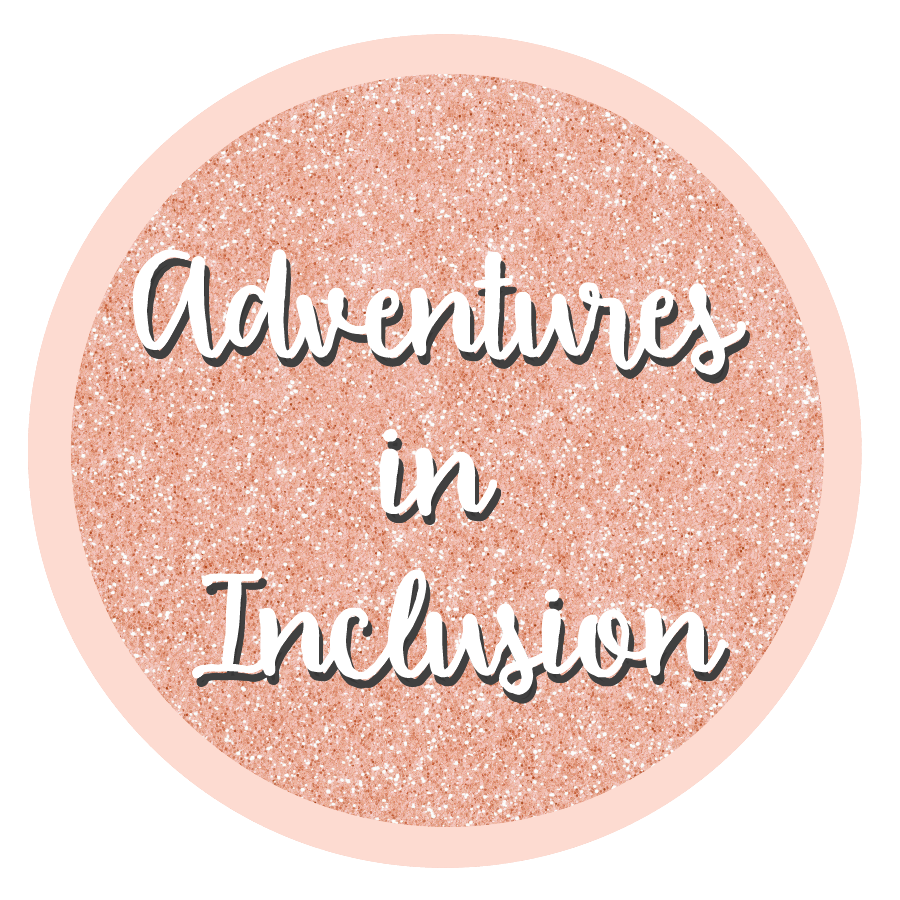
Tips for Tracking Data
Tracking data is one of the things that I have struggled the most with. I have tried digital tracking methods, Google Forms, keeping massive work sample binders, just notes, word documents with information, and each method has had its pros and cons. This year I have finally settled into a method that I think is sustainable for me. Here is what I have learned through this journey:
Track often
The worst feeling is when you realize that you’re approaching progress notes and your data is not neatly tracked. I hate having to sort through and track word samples at the end of the term because I have let it pile up.
I try to take a few minutes every day to jot down any notes that I have. I look over each of my students benchmarks and mark any positive and negative moments in the day. Did Susie fill out her agenda book? How many times did I have to prompt Adam? And then, I find time on Friday afternoons to look through the week’s notes and track and file the data. This way, at the end of the term I have binders with neatly organized data and it makes writing progress reports more simple, organized, and less stressful.
Put the work in up front
This sounds like something that is easier said than done. But, at the beginning of the year, or whenever I receive a new student or IEP, I create my weekly data sheets. Spending the time to make it as neat, organized, and clear as possible makes it easier to track the data. Just collecting piles of work samples makes it difficult at the end of the term and makes it more time consuming to document progress.
Find a method that is sustainable
This is the part that is the most important. Whatever you choose to do to track data, make sure that it is something that is sustainable for you. If you create daily data sheets, and you don’t have the time in your day to track it daily, you will not be successful. In the same way, if you keep weekly data sheets but you are doing daily benchmark assessments with your students, you won’t be able to keep the data in a way that is useful for you.
Obviously all of this will depend on what types of goals you are working towards. I have inclusion students with a variety of goals. These are just the tools that work well for me.
What method of tracking data do you find the most useful?





